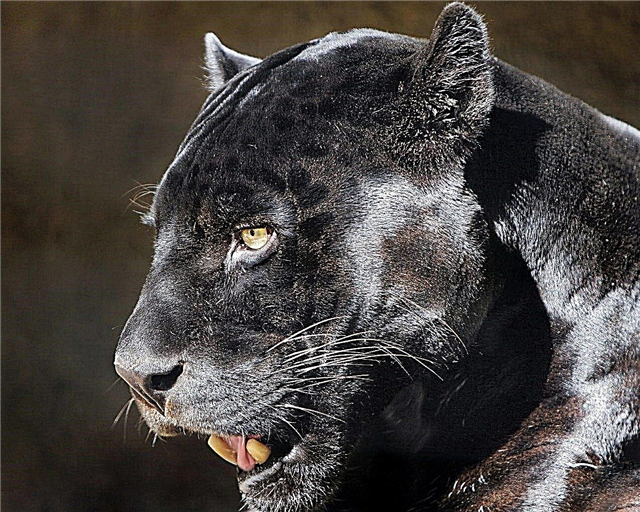
Leo is a proud predator of Africa, a large representative of the cat family. Lions are territorial, they live and hunt in their living space, protecting it from the attacks of outsiders.
They rarely attack people, but if this happens, the person is often in the minority. Beautiful and dangerous, graceful and caring in relation to each other, these feline representatives captivate and inspire. Is it possible to tell something new about them, hitherto not heard by many people? Of course you can. Some interesting facts about lions are not known to every reader.
Tigers, lions and their sizes

Most scientists believe that tigers are larger than lions, but other researchers dispute this fact, arguing that lions are larger. In practice, only one thing can be proved - lions are predominantly higher than tigers, they are highest among cats. Much can be said about the dimensions of lions and the sizes of individual parts of their bodies:
- An adult male - a lion weighs about 250 kg, while females are almost twice as lighter;
- The largest of the cats was the cave lion, who lived in Siberia. Mankind has managed to catch a powerful predator, its images appear in prehistoric cave paintings, where it is depicted either without a mane or with a rather modest hairline on the head and neck;
- In the modern African lion, the mane reaches 40 cm in length, its color varies from dark, almost black, to sand.The darker the mane, the worse the king of animals tolerates heat, but the higher his reproductive abilities;
- The lion’s heart, so actively chanted in medieval ballads as a synonym for courage and courage, leads only 0.5 percent of the animal’s total body weight - this ratio is the smallest among all predatory animals;
- Lion's claws grow to 7 cm;
- The teeth of a lion are also large, there are only 30 of them. They are not needed for chewing food, but for tearing off pieces of carcass; the predator does not chew meat. But he can eat in one sitting up to 30 kg.
Lion relationship
Living on the territory of the savannah forces lions to contact with other species of predators, as well as with extraneous lions and other people's prides. In case of hunger, a pack of lions can even attack an elephant - however, there is no guarantee of victory in such a case for predators. The lions are also attacked by hyenas, which are their malicious enemies and competitors. Cheetahs also get from the king of animals - meetings end with aggression, cheetahs prefer to run away.
The meeting of two males usually ends in a collision. Especially if one of them defends his pride, and the second would like to head it, having displaced the former leader.
Sometimes the head of the family loses, is driven out, a new one takes his place.
Females in the pride procure food and share with the male; an old or wounded male in a battle may die of hunger alone, despite the fact that the animals have a free life of up to 14 years, and they live in zoos even up to 20 years.
Interesting fact: Lionesses can produce offspring from many other large felines - leopards, jaguars, tigers. Females of these species can also become pregnant from a lion. However, mixed offspring will itself remain barren.
Lions in the Pride

Lion cubs are protected not only by their mother, but also by the entire pride. They are born with a weight of 1-2 kg. While the mother is hunting, one of her aunts can deal with them. By the age of 2 years, cubs learn to growl, begin to grow up. However, only one cub out of 5 is able to survive to this age. Sometimes they are born almost white or black - the king of the savannah can be an albino or a melanist. This happens, albeit rarely. Adult male lions are driven out of the family group, while the females remain in the pride.
Other fun facts about lions
- Lions love to relax, they do this up to 20 hours a day;
- A lion may pretend to prey on lionesses, but if he hunts himself, he usually eats meat on his own;
- Night vision of lions is developed 6 times better than in humans;
- Lion's roar spreads for 8 km.
These are the characteristics of the lions, the indigenous inhabitants of the African savannah. However, it is worth saying that the species is protected, its number in recent years has greatly decreased - by about 30-50 percent. Despite the greatness and power of lions, they must be protected.












